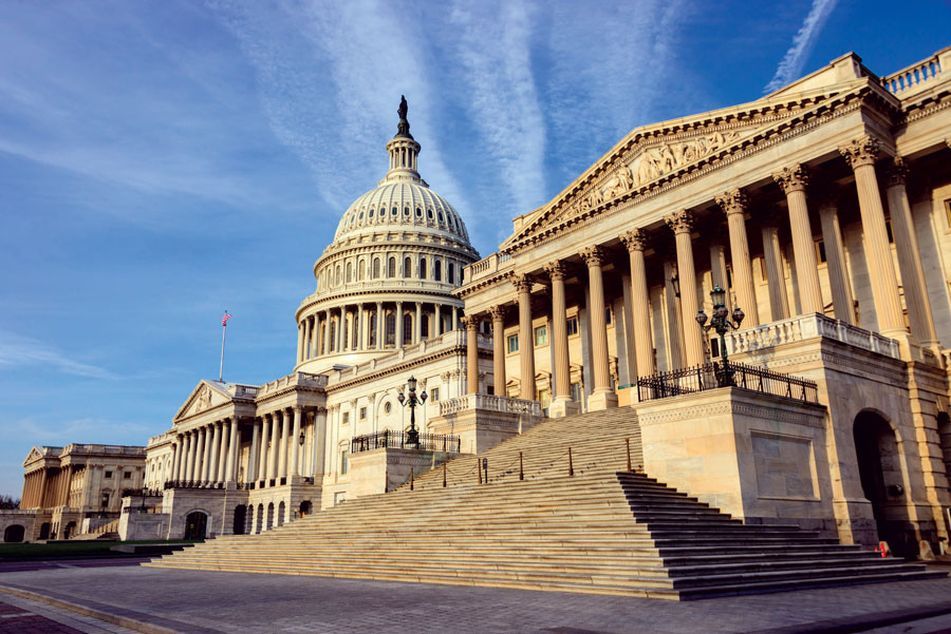Bipartisan retirement savings bill foreshadows post-SECURE 2.0 debate

Senate and House members introduce a measure that would establish retirement accounts for low- and middle-income workers not covered by an employer plan.
While Congress tries to wrestle a major retirement savings bill to the ground before the end of the month, lawmakers floated legislation that could help set the agenda for further work next year to help Americans build their nest eggs.
Bipartisan Senate and House members Thursday introduced the Retirement Savings for Americans Act. The bill would establish portable, tax-advantaged retirement accounts for low- and middle-income workers who don’t have a workplace plan.
Participants would be enrolled automatically at 3% of their income with the ability to opt out. Their savings would be eligible for a federal match of up to 4%, which would be phased out when they reach the median income level.
The authors of the bill said it would expand retirement security across a wider income range.
“Too many Americans are working their entire adult lives only to reach retirement and find they don’t have enough saved,” Sen. John Hickenlooper, D-Colo., said in a statement. “Helping people save is an easy, efficient way to cut income inequality while making sure all workers get the retirement they’ve earned.”
He was joined on the Senate bill by Sen. Thom Tillis, R-N.C. Reps. Terri Sewell, D-Ala., and Lloyd Smucker, R-Pa., introduced the House companion.
The Hickenlooper bill emerges as Congress is racing to approve comprehensive retirement savings legislation known as SECURE 2.0. House and Senate lawmakers are cobbling together a final version from a bill the House approved earlier this year and legislation passed over the summer by Senate committees.
The negotiations over SECURE 2.0 are far enough along that provisions from the Hickenlooper bill probably wouldn’t be added.
The clock is ticking for all bills. Any legislation not enacted by Congress before the end of the year dies and has to be reintroduced after the new Congress is seated in January. That means the Hickenlooper bill probably was floated as a way to shape next year’s debate.
It’s already drawing some opposition.
“This is not going to impact the legislative process this year but is really a placeholder for discussion in the new Congress,” Brian Graff, CEO of the American Retirement Association, said in a statement. “We have already expressed serious reservations about the proposal with the sponsors and will continue to engage them when the new Congress convenes next year.”
It’s not clear how widespread that sentiment might be among insurance trade associations.
“We don’t have a position on the bill but helping Americans address their retirement security challenges is and will continue to be a bipartisan issue,” Whit Cornman, a spokesperson for the American Council of Life Insurers, wrote in an email. “We saw bipartisanship with the SECURE Act in 2019 and we’re seeing it with SECURE 2.0, which passed the House 414-5 and passed two Senate committees.”
The Insured Retirement Institute has not had a chance to review the legislation, said spokesperson Dan Zielinski.
“We are focused on getting SECURE 2.0 over the goal line this year,” Zielinski wrote in an email.
‘IN the Nasdaq’ with Rachel Weker, senior retirement strategist at T. Rowe Price
Learn more about reprints and licensing for this article.








